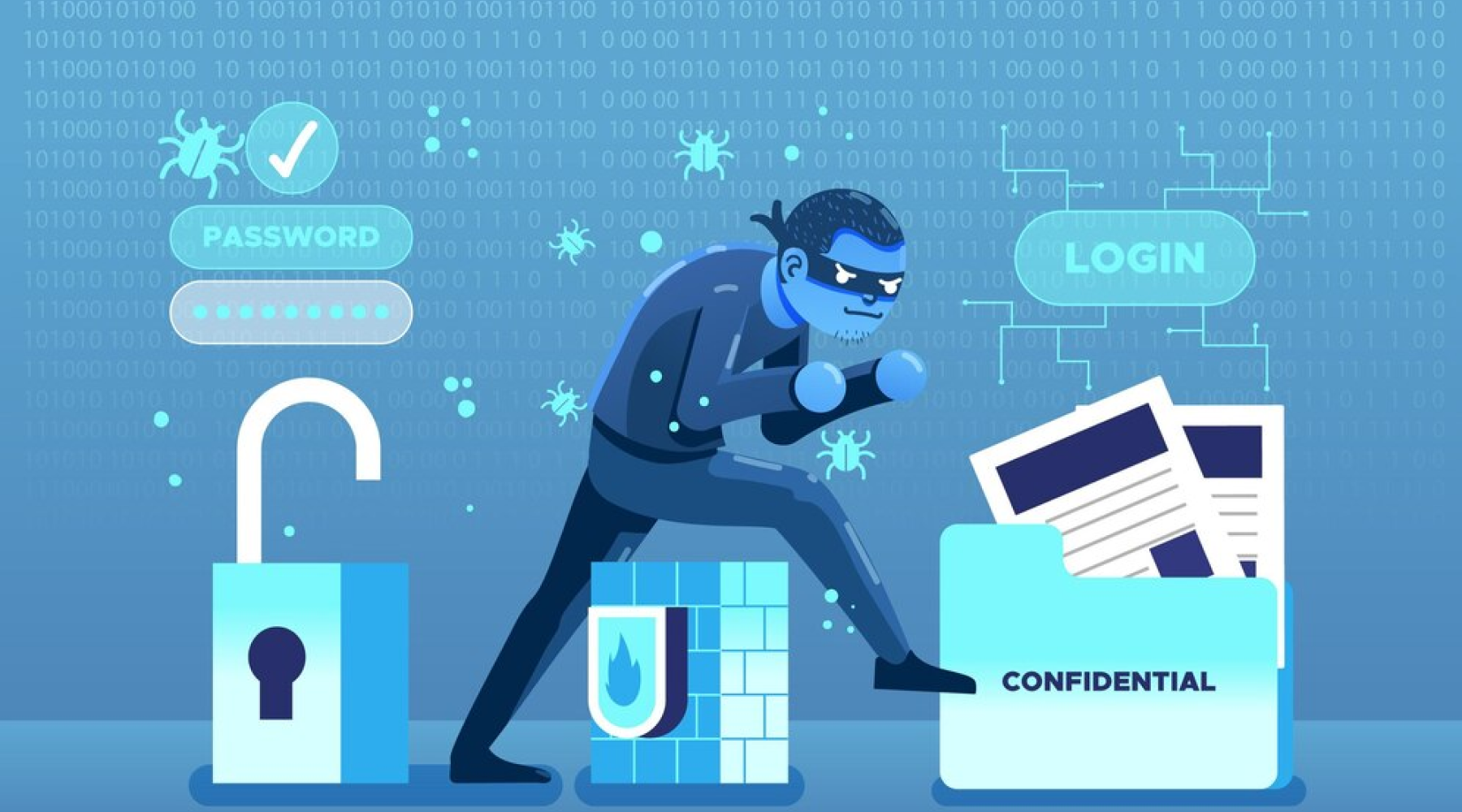The rise in data breaches is alarming, with the worldwide average data breach cost reaching $4.45 million in 2023.
As businesses increasingly face these cyber threats, the role of data breach warranty companies has become indispensable. These companies provide crucial protection and expertise to help organizations navigate and recover from the devastating effects of a data breach.
Let’s delve into how they manage major cyber incidents and support businesses in overcoming these challenges.
Immediate Incident Response and Containment
Rapid Response:
Speed is of the essence when managing a data breach. Research indicates that organizations that respond within 30 days (about 4 and a half weeks) are able to save over $1 million compared to those that take longer to act.
Immediate response is critical to minimizing the overall damage and containing the breach before it escalates further. The ability to mobilize resources swiftly can create a huge difference in handling the impact of a cyber incident.
Swift Containment:
Data breach warranty companies deploy expert cybersecurity teams as soon as a breach is detected. The first step is to isolate affected systems to prevent further data loss and limit the attack’s spread.
According to Verizon’s Data Breach Investigations Report, 83% of breaches are financially motivated, underscoring the necessity of quick containment to mitigate potential financial losses. Effective containment strategies include severing unauthorized access and securing vulnerable points within the network.
Damage Limitation:
Containing the breach promptly helps significantly reduce the average lifecycle of a breach, which currently stands at 277 days from identification to containment. Rapid containment not only curtails the immediate damage but also accelerates the overall recovery process, allowing businesses to resume normal operations more swiftly.
Comprehensive Forensic Investigation
In-Depth Forensics:
After containment, cyber warranty companies conduct thorough forensic investigations to understand the breach’s root cause and extent.
In 2023, nearly 19% of breaches were attributed to compromised credentials, highlighting the need to scrutinize how the attack occurred. Forensic experts analyze compromised systems, trace the attacker’s activities, and determine the full scope of the breach to inform subsequent actions.
Vulnerability Identification:
Identifying the vulnerabilities that were exploited during the attack is crucial for preventing future incidents. Research shows that 60% of breached organizations had unpatched vulnerabilities that were exploited by attackers. By addressing these vulnerabilities, businesses can fortify their defenses and reduce the likelihood of similar breaches occurring in the future.
Compliance Reporting:
Detailed forensic reports are essential for meeting regulatory requirements. Data protection regulations such as the GDPR (General Data Protection Regulation) put substantial fines, up to 4% of global revenue, for non-compliance. These reports help businesses navigate the regulatory landscape and avoid hefty penalties by demonstrating their commitment to addressing the breach and taking corrective actions.
Legal and Regulatory Compliance Support
Expert Legal Guidance:
Navigating the legal complexities that follow a data breach can be daunting. Cyber warranty companies provide expert legal support to guide businesses through compliance with global data protection regulations.
83% of organizations experienced at least one breach in 2022, emphasizing the growing need for legal expertise to handle the aftermath effectively.
Customer Notifications:
Businesses must notify affected customers about the breach in accordance with laws such as the CCPA (California Consumer Privacy Act) and GDPR. Data breach warranty companies assist in meeting these obligations, as failure to notify can result in fines ranging from $100 to $7,500 per record. Proper notification is essential for maintaining customer trust and fulfilling legal responsibilities.
Regulatory Reporting:
Accurate and timely breach reporting is critical to avoiding fines and reputational damage. In 2022, fines under GDPR exceeded €1 billion, underscoring the importance of adhering to regulatory requirements. Cybersecurity warranty providers help ensure that reports are submitted promptly and accurately to regulatory bodies, mitigating the risk of non-compliance penalties.
Data Recovery and System Restoration
Data Retrieval:
Post-breach, the immediate goal is to recover lost data. With 29% of breaches involving system glitches or human error, swift data recovery is crucial for business continuity. Data breach warranty companies work to restore affected systems and recover lost information, minimizing disruptions and enabling businesses to return to normal operations as quickly as possible.
System Restoration:
Collaborating with IT teams cybersecurity warranty providers to oversee the repair and secure rebuilding of compromised systems. This step is vital as 61% of breached organizations report experiencing subsequent attacks due to inadequate system restoration. Ensuring systems are fully restored and secured is essential to prevent further vulnerabilities.
Backup Integrity:
Verifying that backups are secure and functional is crucial in the aftermath of a breach. Companies with robust backup and recovery strategies can reduce the impact of a breach by up to 70%. Ensuring the integrity of backups helps businesses recover faster and maintain operations with minimal disruption.
Security Review:
A comprehensive post-breach security audit helps address any weaknesses that contributed to the incident. By 2025, 60% of organizations will consider cybersecurity risk as a primary factor in third-party transactions and business deals, predicts Gartner. This review not only strengthens security but also prepares businesses for future threats.
Post-Incident Risk Management and Monitoring
Proactive Security Enhancements:
Following a breach, cyber security warranty companies implement advanced security measures to enhance defenses.
Proactive enhancements help businesses stay ahead of emerging threats and strengthen their overall security framework.
Continuous Monitoring:
Ongoing monitoring is essential for detecting potential threats early and preventing additional breaches. It helps to detect threats and respond before they escalate.
Verizon’s report indicates that 81% of breaches were identified by external parties, highlighting the need for improved internal monitoring.
Risk Management:
Regular risk assessments help businesses adapt to evolving threats. Given that 95% of cybersecurity breaches result from human error, continuous education and improvement are crucial. Effective risk management involves updating security protocols, training employees, and refining incident response plans to address new and emerging threats.
Conclusion
Data breach warranty companies play a critical role in helping businesses navigate the aftermath of major cyber incidents. Their comprehensive approach, which includes immediate response, forensic investigation, legal support, data recovery, and ongoing risk management, ensures that businesses can recover quickly and strengthen their defenses against future attacks.
In a world where the average data breach costs millions and the threat landscape is constantly evolving, partnering with these experts is not just a precaution—it is a strategic necessity for safeguarding business operations and ensuring long-term resilience.
Also Read: How Effective Are Data Breach Warranty Companies in Minimizing Downtime?





